Dogs are individuals with their own dietary needs based on several factors, such as their genetics and current state of health. While one type of diet may not be ideal for every dog, the majority of dogs tend to thrive on diets consisting of real, whole foods that are biologically appropriate.
When selecting a diet for your dogs, you need to keep your dogs anatomy and physiology in mind! Dogs are facultative carnivores (or opportunistic carnivores) which is defined as a carnivore that does not depend solely on animal flesh for food but also can survive on grains, fruits, vegetables or left overs from human garbage. While your dog can eat carbohydrates, this is a matter of what your dog will thrive on versus what they can survive on.
All the proof you need can be seen after your dog goes potty! Dogs that eat a raw food diet see a much smaller volume of stool because the body is digesting and utilizing almost every part of the raw meat, bone and organs. With homemade food, many dog owners report seeing undigested vegetable matter and grain in their dogs stool. Commercial kibble diets tend to produce very large stool volume due to copious amounts of useless filler like low quality grains and poorly digested carbohydrates in the kibble.
My two raw fed German Shepherds potty once or twice a day, and the volume is very small. Stool of raw fed dogs will turn white and crumble to dust within a few days. Most kibble fed dogs will see 3 - 4 very large piles a day, and the stool does not break down due to not only the chemical additives and preservatives, but also because carbohydrates and grain takes longer to break down than meat.
There are certain ingredients that either have no business being in your dogs body, or are less than ideal in terms of promoting health and resistance to illness and disease. If your dogs food contains any of the following ingredients, do some more research and consider making the switch to a healthier alternative!
- Animal digest
- Meat by-products
- Animal fat
- Corn
- Beef tallow
- Oat, rice or other "hulls"
- Salt, flavoring or color
- Ethoxyquin
Do you know what the best and worst dog foods are? A little research goes a long way!
Want to know what these ingredients actually are and why they are bad for your dog? Read my article on bad ingredients lurking in dog food!
The best dog food is biologically appropriate, fresh and nutritionally balanced. No species on Earth has evolved to thrive on dehydrated vitamin enriched pellets. All living creatures require species appropriate whole, fresh foods to thrive. Even if you are unwilling to switch to a 100% fresh food diet, you can absolutely make a huge difference by removing 25% of your dog's kibble and replacing it with fresh food!
- A Fresh, Raw Food Diet (Click here to learn more about raw feeding)
- Homemade Dog Food (Click here to learn more about homemade dog food)
- Dehydrated Food / Freeze-dried Raw
- High Quality Commercial Kibble mixed with fresh, whole food.
- High Quality Commercial Kibble
How do I Choose the Best Food for my Dog?
Research! Talk to dog nutritionists, pet food specialists, holistic and traditional veterinarians who specialize in canine nutrition and take your individual dogs needs into consideration! There are plenty of great articles from reputable sources that are a google search away, too. Remember to always cross-reference information for accuracy! Ideally, you can bring your veterinarian on board with your dog's dietary choices.
Click the article links below to continue your research!
- The Incredible Raw Food Diet for Dogs
- The Benefits of Homemade Food for Dogs
- Real Food Diets: Unlocking Health and Longevity with Nutrition
My online store contains dog nutrition eBooks on raw feeding and homemade diets!
For more content like this and updates on holistic dog health care news, come join my official Facebook group: K9 Instinct: Holistic Dog Health Care.
Looking for a fun, friendly, safe, all-positive group on Facebook for dog lovers and pet parents?
Come check out The K9 Connection!
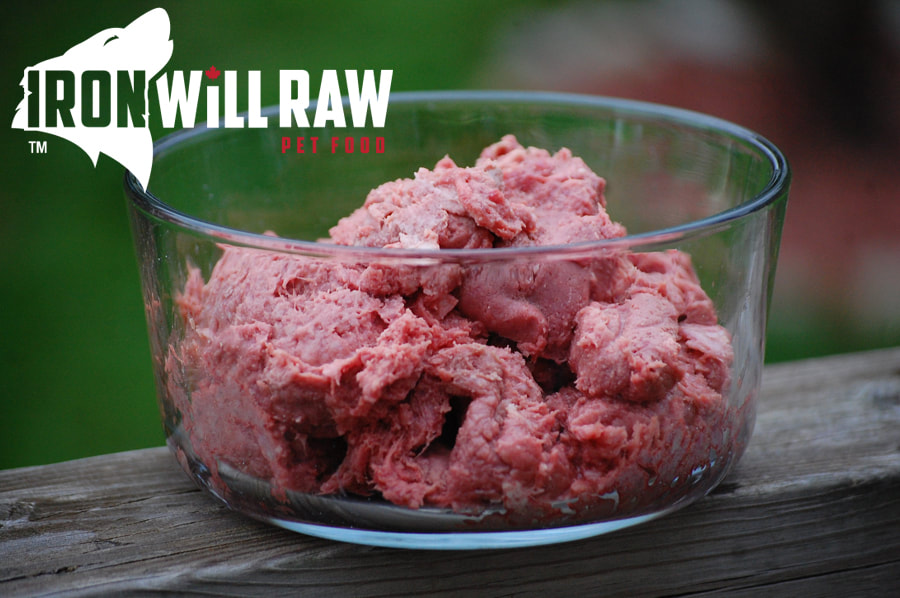
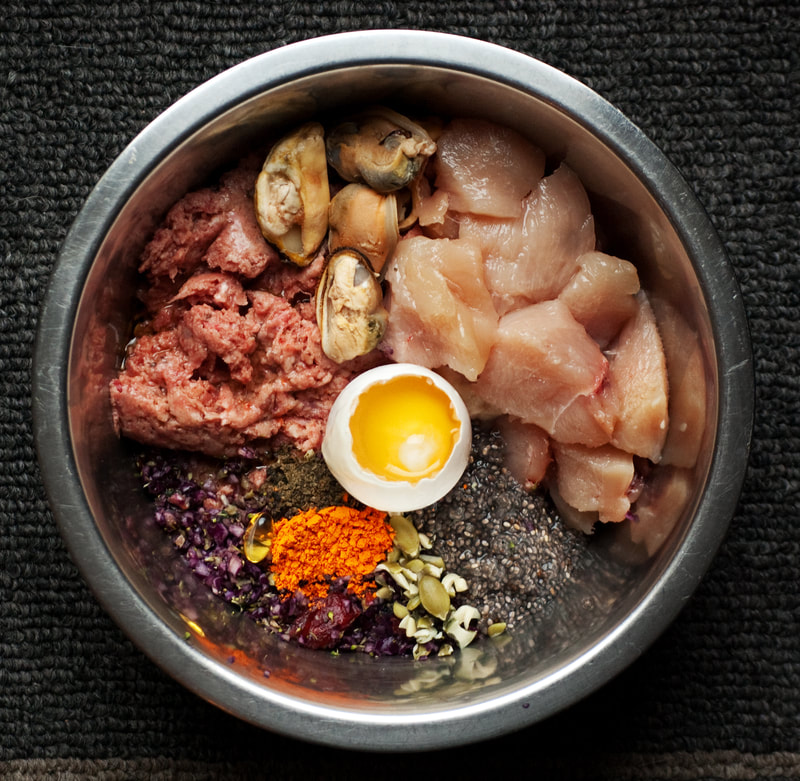
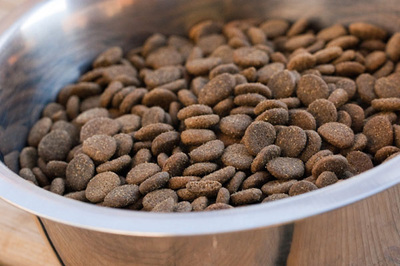

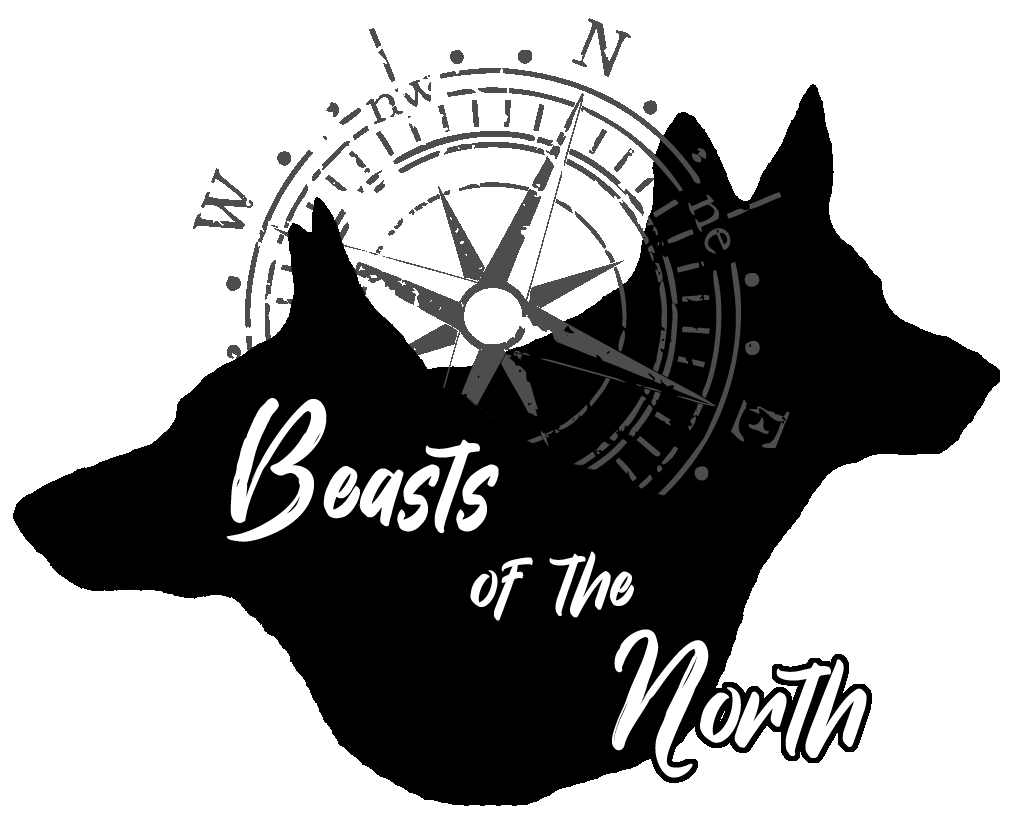
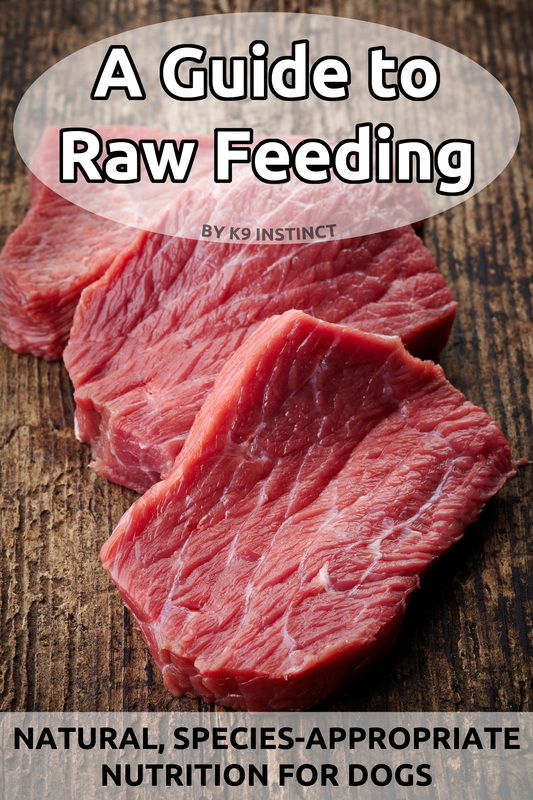
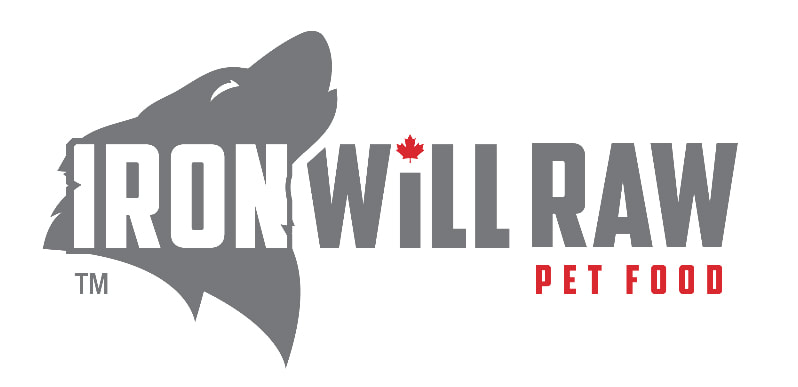
 RSS Feed
RSS Feed
